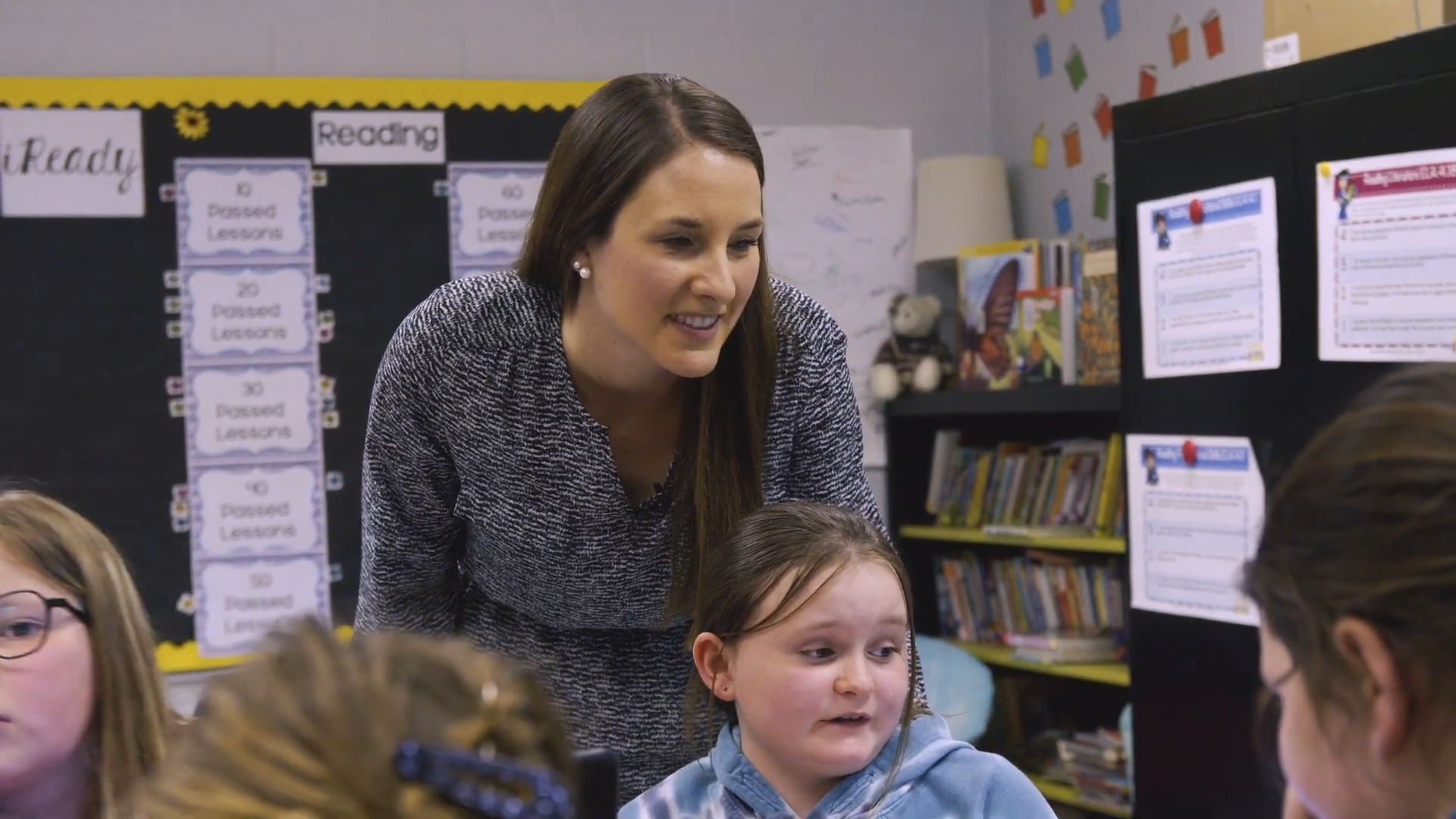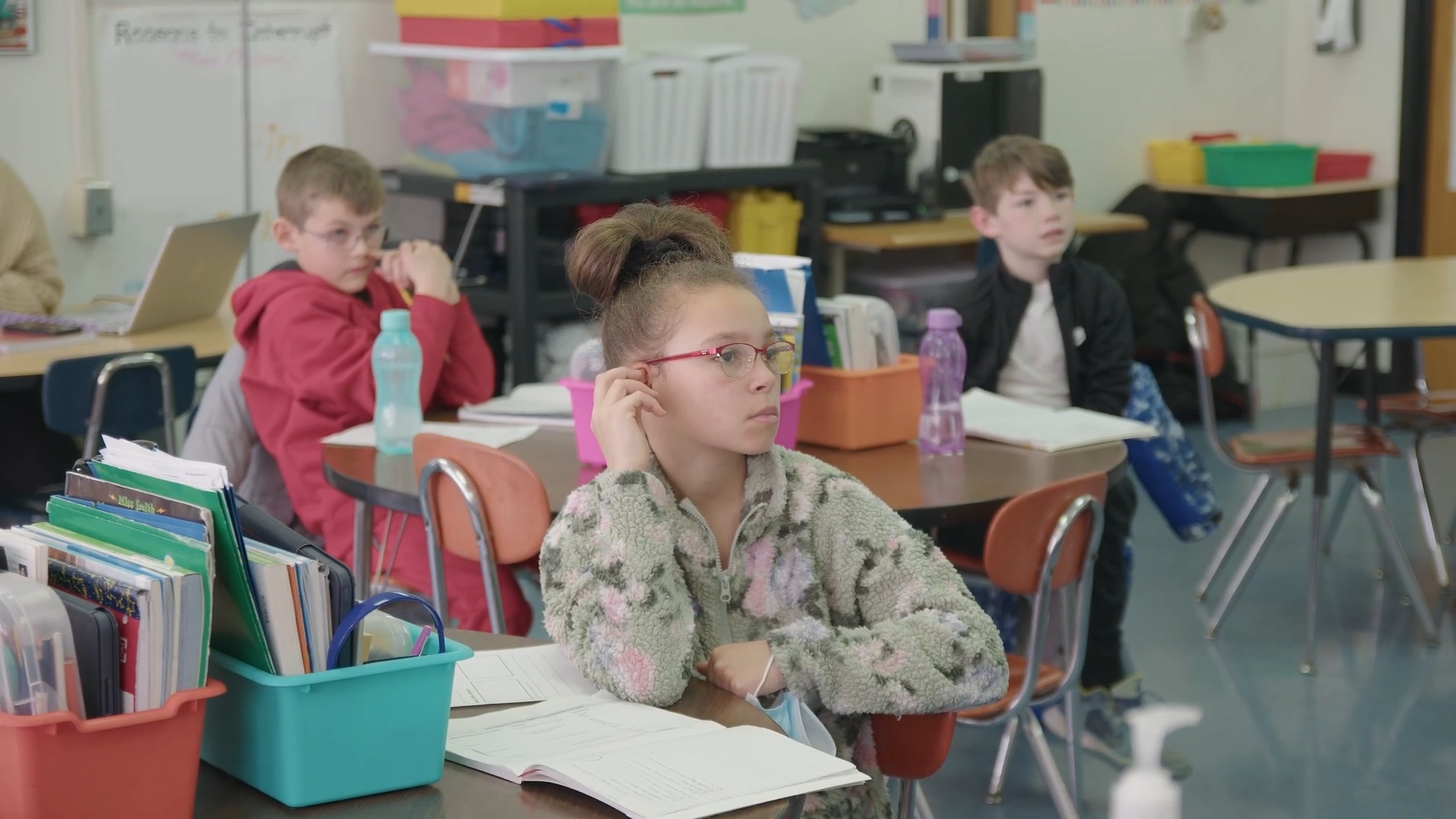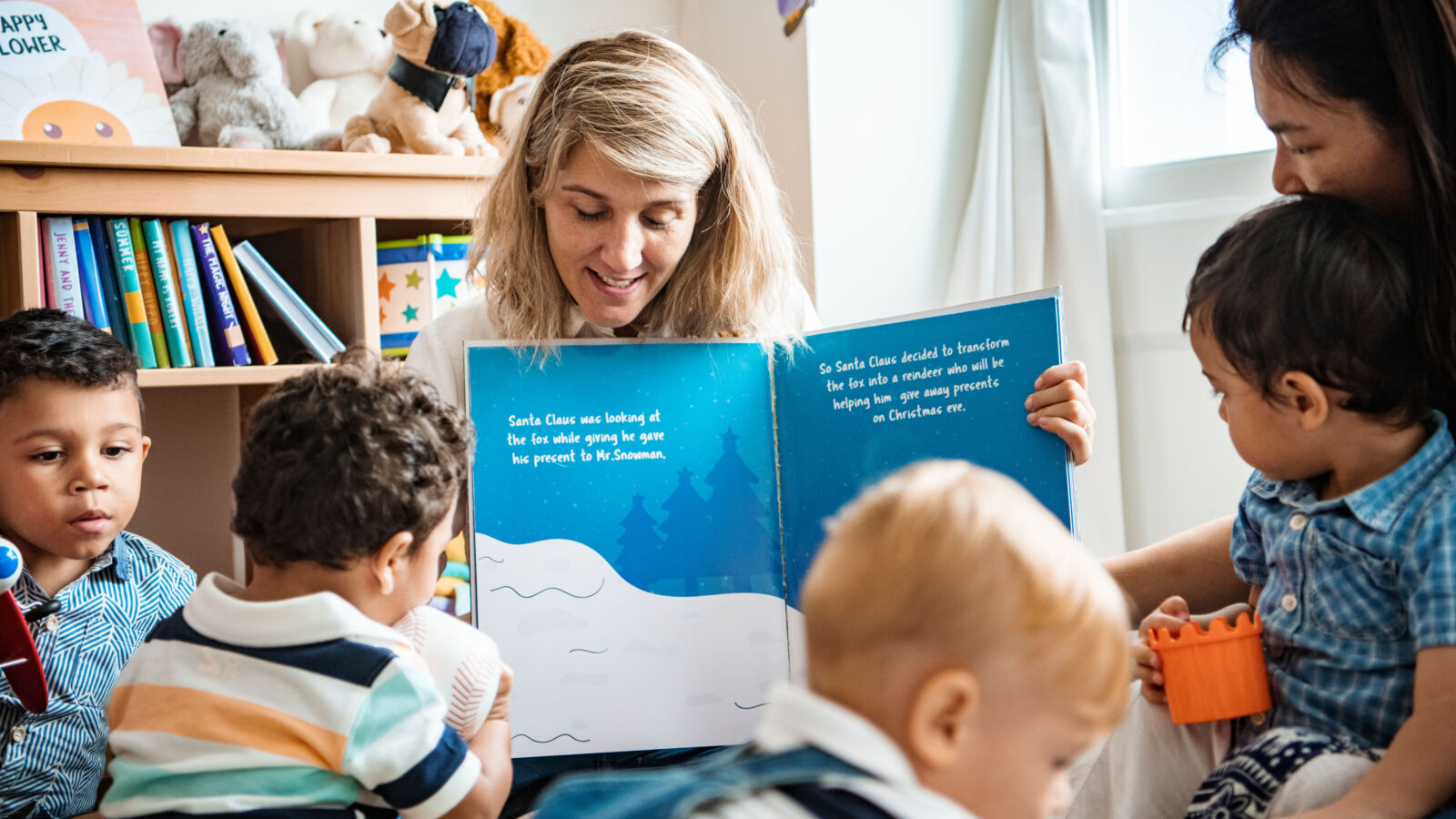For Administrators
School administrators are the chief instructional leaders of a school and are responsible for developing, implementing, and evaluating school systems and policies. Guiding educators to increase instruction by implementing high-quality literacy skills using research-based practices will make it a higher priority in the classroom. Access these resources to support literacy instruction.
Featured Videos
Filter Resources By:
Interventions for Adolescent Struggling Readers: A Meta-Analysis With Implications for Practice
This report summarizes aspects of recent research on reading instruction for adolescent struggling readers. It both synthesizes research findings to determine the relative effectiveness of interventions for struggling older readers and outlines the implications of these findings for practice.
Source:
Lexile and Quantile Hub
Assists educators and administrators in finding a book by grade, interest, and reading complexity. Further, it has Lexile grade level charts, a text analyzer, a growth planner, a career database, WordLists, and a Lexile Measures Manager.
National Reading Panel | Teaching Children To Read: An Evidence-Based Assessment of the Scientific Research Literature on Reading and Its Implications for Reading Instruction
Explains The National Reading Panel’s evidence-based assessment of the scientific research literature on reading and its implications for reading instruction.
Source:
US Department of Health and Human Services. (2000). (rep.). Report of the National Reading Panel. Washington , DC. Retrieved January 5, 2023.
Policy Brief – The Science of Reading
Explains the Hanover research regarding the Science of Reading from October 2022.
Source:
Hanover Research. (2022). (rep.). K-12 Policy Brief-The Science of Reading . Arlington , VA.
3-Minute Introduction to the Science of Reading
Watch a quick video introduction from an expert on the Science of Reading.
Pervasive and Consistent Practices for Achieving Literacy Proficiency Across Content Areas
Assists administrators to quickly see classroom practices that support effective literacy instruction.
Source:
Standards-based Resources: WVDE Professional Learning
Provides vertical progressions documents, PLC Guides on text complexity, and a guide to navigating text complexity
Leaders of Literacy: Episode 40: Structured Literacy on Apple Podcasts
An episode of the Leaders of Literacy podcast featuring Becky Lewis and Maggie Luma discussing the concept of ‘structured literacy’ as a way for all students to acquire literacy skills through direct and sequenced lessons.
Science of reading – International Dyslexia Association
Discover how the science of reading affects dyslexia
Source:
Reading Comprehension Requires Knowledge – Of Words and the World by E.D. Hirsch
Learn how and why building knowledge of words and the world is important for student comprehension.
Source:
Jr, Hirsch,. (2003). Reading Comprehension Requires Knowledge— of Words and the World Scientific Insights into the Fourth-Grade Slump and the Nation’s Stagnant Comprehension Scores. American Educator. 27. 10-29.
Teaching Secondary Students to Write Effectively
Provides three evidence-based recommendations for helping students in grades 6–12 develop effective writing skills.
Writing to Read: Evidence for How Writing Can Improve Reading | Carnegie Corporation of New York
Use this in-depth report to substantiate and support your instructional practice in demonstrating how writing can improve reading.






